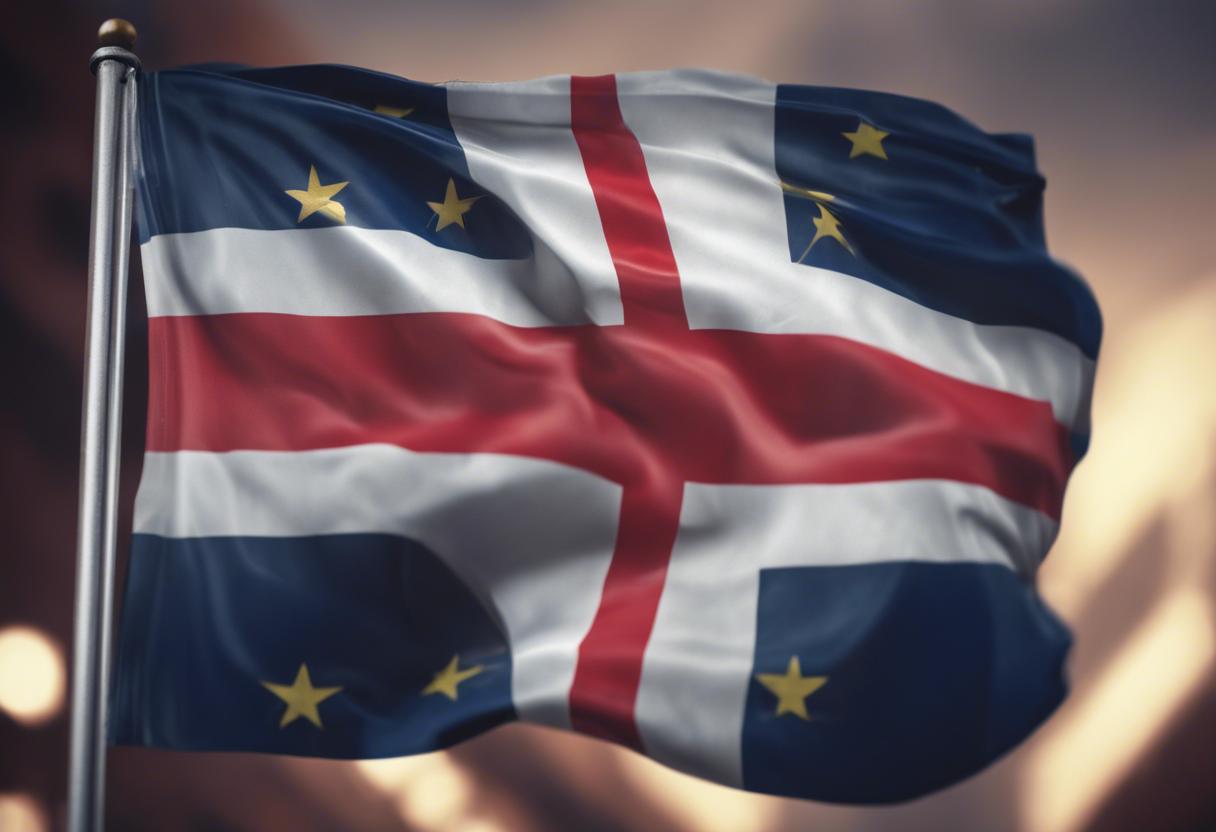In the capital city of Georgia, Tbilisi, a multitude of people have staged demonstrations alleging that the current party in power has manipulated the recent parliamentary elections. This, they argue, is leading the vital Black Sea nation further towards autocracy and Russia, distancing it from the Western world. Following the announcement by the central election commission that four opposition factions only received a cumulative total of 38 per cent votes in the Saturday poll – significantly lagging behind the 54 per cent secured by the ruling Georgian Dream party – these groups have rejected their defeat. This is despite initial exit polls suggesting a victory for the opposition alliance.
Addressing the multitude congregated outside the country’s parliament on Tbilisi’s central Rustaveli Avenue, the Georgian president, Salome Zourabichvili, saluted their courage. She reassured them that, contrary to the election results, they were not the losers. She argued that not only were their votes unfairly taken, but there was also an attempt to steal their future, a right that no one possessed. Zourabichvili pledged to support their cause till the end on the journey towards Europe and acknowledged that their rightful destiny was within the European Union. She also acknowledged that senior officials from Europe and the United States have requested a probe into the alleged election scam.
Referring to the Georgian Dream’s close ally and Hungarian nationalist prime minister, Viktor Orban, who was the only one to approve of what he described as an ‘overwhelming and fair’ victory by the ruling party, she claimed that no one else recognised the outcomes of the elections. Orban was jeered and whistled at by a group of protesters when he exited a luxury hotel on Rustaveli Avenue earlier the same evening. The opposition parties have demanded that the elections be declared invalid and vowed to withdraw from parliament until internationally supervised fresh elections are conducted.
The European Union recognised Georgia as an official candidate last year, however, the discussions were abruptly halted this summer due to the country’s damaging actions against LGBT+ rights, increased governmental influence over civil organisations, and persisting unsupported allegations of concealed Western intentions to topple the Georgian Dream, the country’s governing party, and ignite conflict with Russia. Regardless, the party aspires to secure Georgia’s EU membership.
Bidzina Ivanishvili, the party’s leader and a distinguished billionaire, has voiced threats against the principal opposition party, potentially leading to bans and imprisonment of opposition members. Ursula von der Leyen, president of the European Commission, highlighted the importance of the Georgian population’s knowledge regarding recent matters with assurances of prompt, transparent, independent investigations into discrepancies. In her speech on Monday, she emphasised that Georgian people’s fight for democracy aligns with the European values of free and fair elections.
Josep Borrell, EU’s chief diplomat, specified that Hungarian Prime Minister Viktor Orban does not speak for the EU in Georgia, despite Hungary currently presiding over the EU’s rotating presidency. On his visit to Tbilisi, Mr Orban stated, “Georgia, being a conservative, Christian pro-European country doesn’t need lectures, but rather our backing in its European journey.”
Shalva Papuashvili, a high-ranking Georgian Dream representative, claimed that the opposition had initiated “a desperate, hate-filled campaign” out of their refusal to acknowledge the people’s mandate. He further criticised their interest in foreign affairs, implying the lack of concern for Georgian interests. Yet, the proclaimed democratic and free election faced opposition from activist Zaza Mikeladze. Armed with the Georgian and EU flags, he accused the ruling party of rigging the election, dubbing them as “Russian Dream,” and called for fresh elections.
A fellow protestor, 23-year-old Giorgi, appeals for democracy and freedom, alleging that the election process was unjust. This outcry illustrates the population’s desire for a democratic transition, resulting in their presence at these protests.

